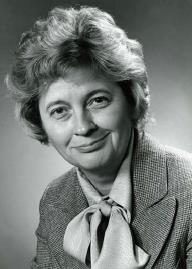 Staff here at the Winkler Center were saddened to hear of the passing over the weekend of great friend and supporter, Eula Bingham. Her long and illustrious career bespoke a dedication to and undying support of American laborers and their right to work in safe and healthy conditions. In addition, she was steadfast in her commitment to research, students, and the Department of Environmental Health in the College of Medicine here at the University of Cincinnati.
Staff here at the Winkler Center were saddened to hear of the passing over the weekend of great friend and supporter, Eula Bingham. Her long and illustrious career bespoke a dedication to and undying support of American laborers and their right to work in safe and healthy conditions. In addition, she was steadfast in her commitment to research, students, and the Department of Environmental Health in the College of Medicine here at the University of Cincinnati.
Eula Bingham was born on farm near Covington, Kentucky in 1929. After receiving her Bachelor of Science degree in chemistry and biology at Eastern Kentucky University, she began her career at the University of Cincinnati (UC) as a graduate student in 1955. It was as a graduate student that she worked as a technician at the Kettering Laboratory under her mentor Dr. Robert Kehoe. There she did research in the toxicology division of what later became the Department of Environmental Health in the College of Medicine.
Upon receiving her PhD in Zoology and Physiology from UC with minors in Ecology and Biochemistry in 1958, she was appointed Assistant Professor in the College of Medicine. Her research in toxicology continued with an emphasis in chemical carcinogens. Eventually Dr. Bingham’s pioneering research merged with her growing concern with workplace exposure to cancer causing chemical agents.
Her interest in worker safety and health lead to her participation in numerous national efforts in protecting workers. In the 1970s, union advocates and leaders like Tony Mazzochi sought her expert opinion in legislative issues. Dr. Bingham’s growing reputation led to her inclusion, and leadership appointments, on several Department of Labor, Department of Energy, and other federal committees. As a result, she was asked by President Jimmy Carter in 1977 to lead the Occupational, Safety and Health Administration (OSHA) as Assistant Secretary of Labor—the first woman to lead the department. While there, she was instrumental in developing standards and training for workers, unions, and management on workplace hazards.
She returned to the University of Cincinnati as Vice President (VP) of Research and Graduate Studies (1981-1990). During this tenure, she maintained her research interests, continued to publish in the field of industrial health, and was instrumental in petitioning state legislatures to enforce labeling standards on hazardous materials in the workplace. Upon leaving the VP position, she returned to research and authored numerous grants. One of these, was to perform a study at the Oakridge National Laboratory in Tennessee where for almost a half century workers had been exposed to radiation, mercury, and other hazardous and cancer causing materials. Results of the study led to legislation providing for free healthcare, testing, and screenings for workers affected through the years, and the safe removal of contaminants from the facility.
Eula Bingham retired in 2000 as Professor Emerita, Environmental Health, College of Medicine. She maintained an office at UC, and was a frequent visitor to and vigilant supporter of the Winkler Center and its activities. We will miss her livelty spirit and constant spark. In the spring of 2018, Dr. Bingham graciously sat for an oral history conducted by honors students of HST 3097, an honors seminar course titled “Bearcat Legacies.” The project was done in cooperation with the University of Cincinnati Emeriti Faculty History Project. Please follow the video links for parts one and two of the interview for more on her life and work.
-
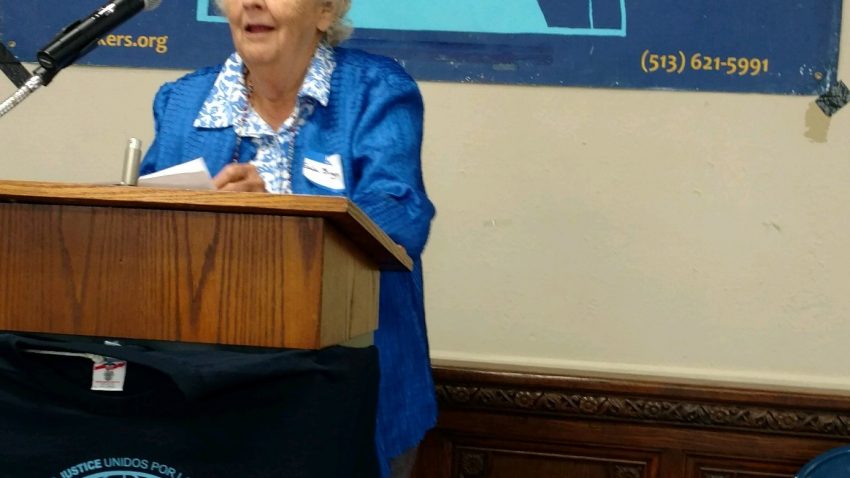
-
Ever supportive of workers’ rights and health, Dr. Bingham receives an award from the Cincinnati Interfaith Workers Center in April 2017.
-
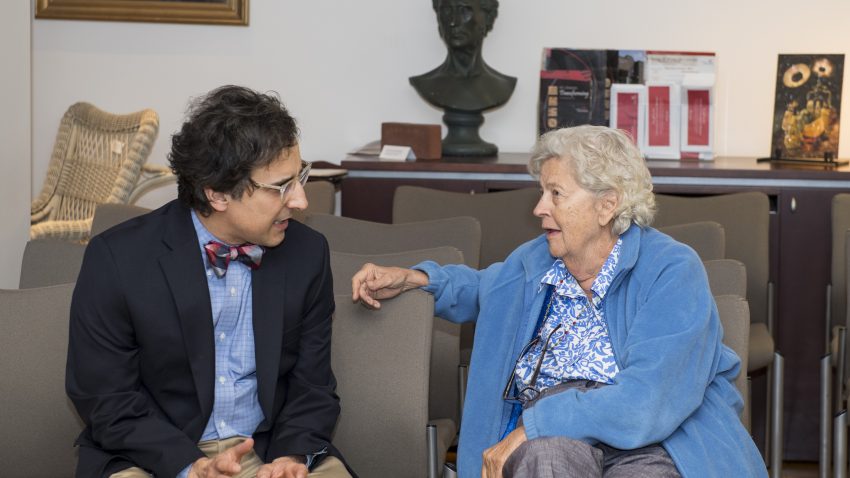
-
A frequent supporter of Winkler Center activities, here Dr. Bingham speaks with Archivits/Curator Gino Pasi at a Cecil Striker Lecture, 2017.
-
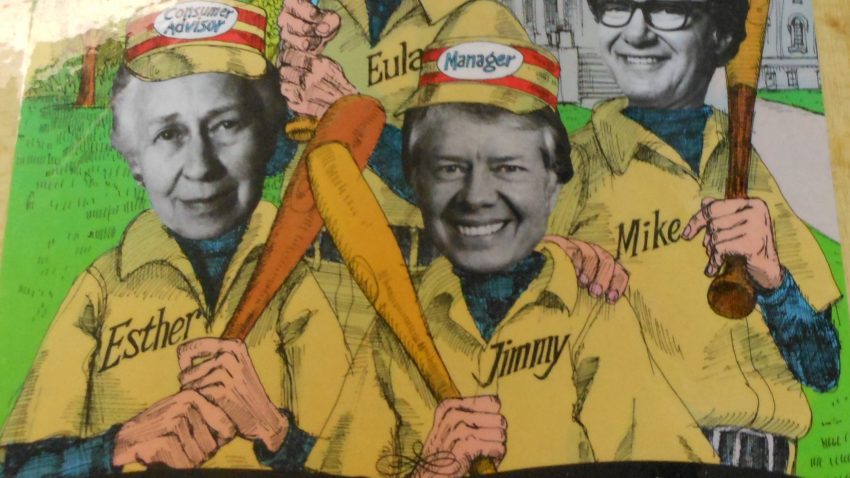
-
Front page of retailers magazine, 1979.

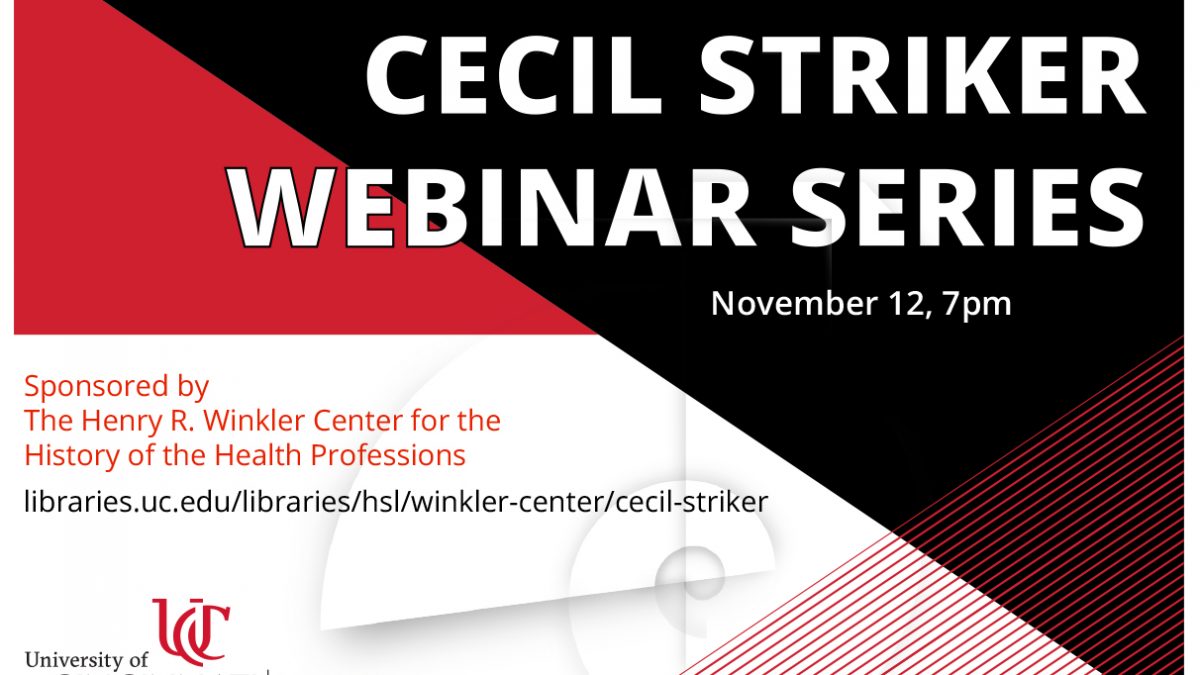
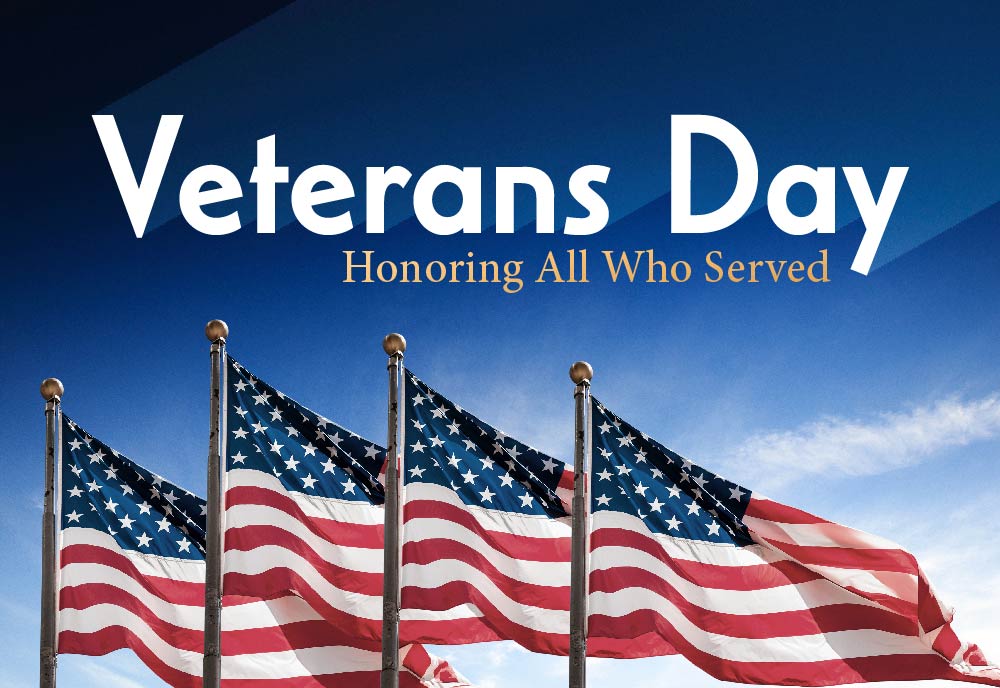
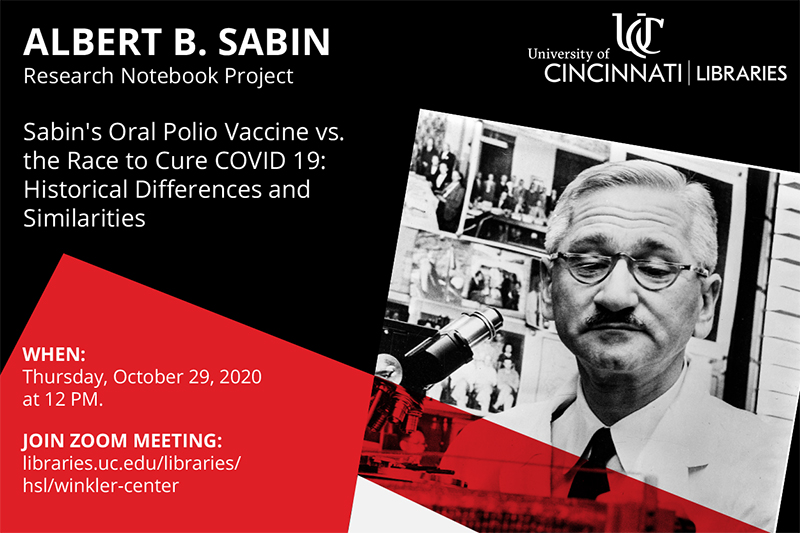
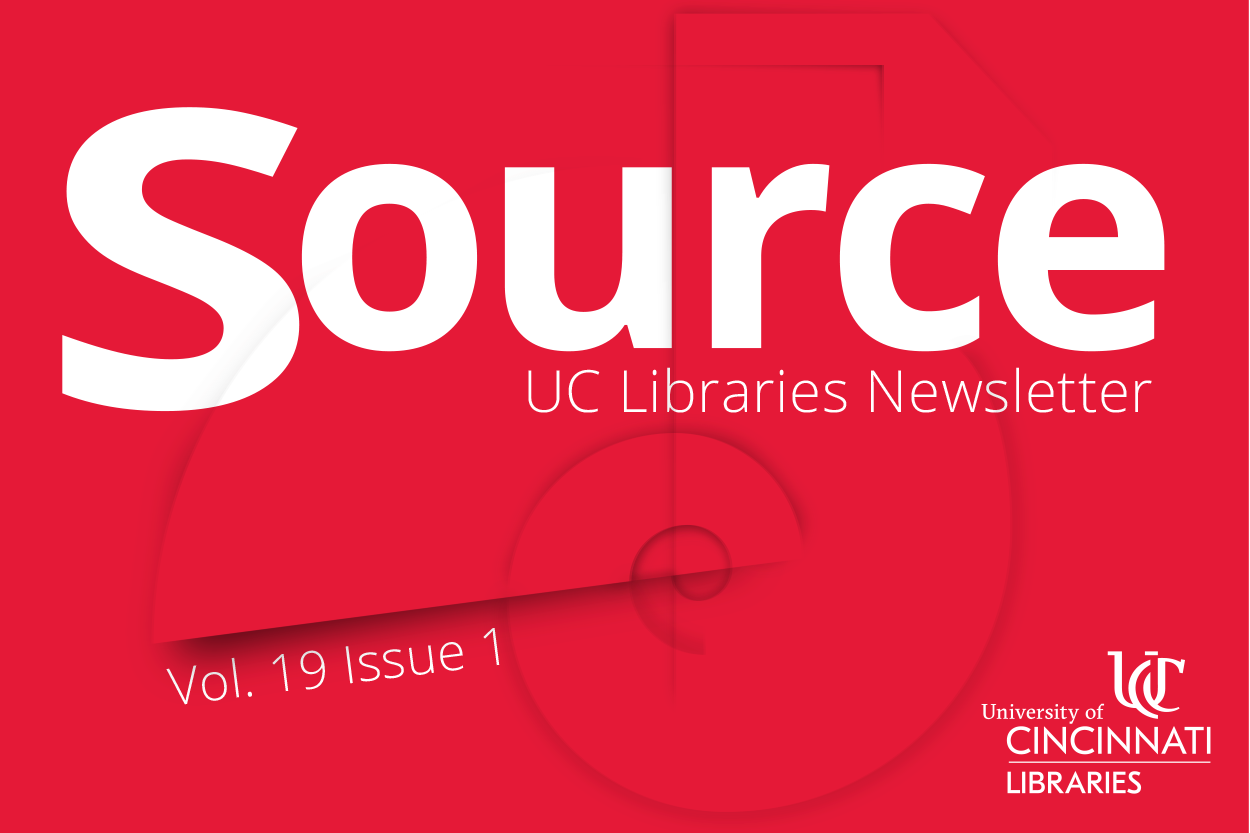 In this issue of Source,
In this issue of Source,  Staff here at the Winkler Center were saddened to hear of the passing over the weekend of great friend and supporter, Eula Bingham. Her long and illustrious career bespoke a dedication to and undying support of American laborers and their right to work in safe and healthy conditions. In addition, she was steadfast in her commitment to research, students, and the Department of Environmental Health in the College of Medicine here at the University of Cincinnati.
Staff here at the Winkler Center were saddened to hear of the passing over the weekend of great friend and supporter, Eula Bingham. Her long and illustrious career bespoke a dedication to and undying support of American laborers and their right to work in safe and healthy conditions. In addition, she was steadfast in her commitment to research, students, and the Department of Environmental Health in the College of Medicine here at the University of Cincinnati.



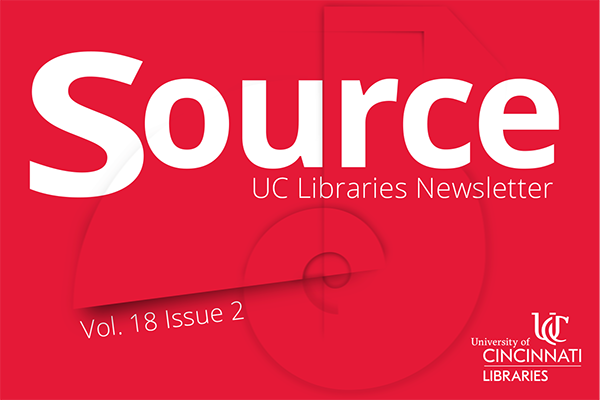 Read Source, the online newsletter, to learn more about the news, events, people and happenings in UC Libraries.
Read Source, the online newsletter, to learn more about the news, events, people and happenings in UC Libraries.